What are Circuit Breakers
Circuit breakers are essential safety devices in electrical systems that protect circuits from damage caused by overcurrent or short circuits. They serve a critical function in preventing electrical fires and equipment damage by automatically interrupting the flow of electricity when a fault is detected. Circuit breakers are designed for use by a wide range of users, from homeowners safeguarding their appliances to industrial facilities managing high-powered machinery.
The principle of a circuit breaker is relatively straightforward. It monitors the electrical current flowing through a circuit and compares it to the breaker's rated capacity. If the current exceeds the rated level, the breaker will trip, opening the circuit and halting the flow of electricity. This action protects against the potential dangers of overheating and fire due to excessive current.
Circuit breakers come in various sizes and configurations, depending on the application's needs. They can be reset manually or automatically to resume normal operation once the fault has been addressed. The reliability and effectiveness of circuit breakers make them a fundamental component in modern electrical systems, ensuring both safety and functionality.
Types of Circuit Breakers
Several types of circuit breakers are available to address specific needs in electrical systems:
Miniature Circuit Breaker (MCB): An MCB is typically used in residential and commercial applications for its low voltage interruption capabilities. It offers protection against overload and short circuits, making it suitable for safeguarding household appliances and lighting circuits.
Molded Case Circuit Breaker (MCCB): An MCCB is designed for higher capacity applications, providing protection in industrial settings where larger currents are common. It can handle higher currents than MCBs and is often used in distribution boards and motor protection.
Residual Current Circuit Breaker (RCCB): Also known as a Ground Fault Interrupter (GFI), an RCCB is designed to protect against electric shock by detecting imbalances between live conductors and instantly breaking the circuit.
Earth Leakage Circuit Breaker (ELCB): An ELCB guards against electrical shock by detecting earth leakage current. These are critical in environments where there is a high risk of leakage currents, such as wet areas or outdoor installations.
Each type of circuit breaker has its common use cases based on its specific design and protective capabilities, ensuring that every electrical system has the appropriate level of protection.
How to choose Circuit Breakers
Choosing circuit breakers for business use involves careful consideration of several factors to ensure safety, compliance, and efficiency. Here’s how businesses can make an informed decision:
Current Rating: Determine the maximum current that the circuit breaker will need to handle under normal conditions. This will help you select a breaker with an appropriate ampere rating to avoid nuisance tripping or underperformance.
Breaker Type: Depending on whether you're protecting residential, commercial, or industrial circuits, you might require an MCB, MCCB, RCCB, or ELCB. Each type serves different purposes and offers varying levels of protection.
Number of Poles: The number of poles in a circuit breaker correlates with the type of supply it's protecting—single-phase or three-phase. Choose according to your system's configuration.
Voltage Rating: Ensure that the voltage rating matches your system’s operating voltage for optimal protection.
Trip Characteristics: Consideration should be given to the trip curve (B, C, D curves) which indicates the sensitivity and speed at which a breaker will trip under overload conditions.
Environmental Conditions: For harsh environments or outdoor applications, select breakers that offer suitable environmental protection.
Certifications: Look for circuit breakers that meet industry standards and certifications for safety and performance.
Businesses should also consider additional features like auxiliary contacts, alarm switches, shunt trips, or undervoltage releases if they're necessary for their specific applications.
Best Circuit Breakers on Alibaba.com
Alibaba.com stands as a comprehensive marketplace that caters to businesses seeking reliable circuit breakers for their varied needs. With its expansive network of suppliers from around the globe, Alibaba.com offers an extensive range of circuit breakers suitable for residential, commercial, and industrial applications. Whether you're looking for miniature circuit breakers for home appliances or robust molded case breakers for heavy-duty machinery, Alibaba.com provides access to products that meet international standards and certifications.
The platform's commitment to facilitating smooth transactions reflects through features like Trade Assurance—a service designed to safeguard payments until delivery is confirmed. Moreover, Alibaba.com simplifies product discovery with filtering tools that help buyers find products based on specific requirements such as pole number, voltage rating, or even customized support options like ODM or OEM services.
By leveraging Alibaba.com's global reach and user-friendly interface—which supports local languages and mobile access—businesses can efficiently source quality circuit breakers tailored to their needs. This not only streamlines procurement processes but also ensures that businesses receive products that align with their operational demands and safety protocols.
Common FAQs for Circuit Breakers
What is the difference between an MCB and an MCCB?
An MCB, or Miniature Circuit Breaker, is designed for low current circuits typically found in residential and commercial applications. In contrast, an MCCB, or Molded Case Circuit Breaker, caters to higher current applications and offers advanced features such as adjustable trip settings, commonly used in industrial environments.
How do I determine the correct ampere rating when selecting a circuit breaker?
To determine the correct ampere rating for a circuit breaker, calculate the maximum current that will flow through the circuit under normal operating conditions. The breaker chosen should match or exceed this rating to ensure it can handle the load without unnecessary tripping.
What are trip curves in circuit breakers, and why are they important?
Trip curves (B, C, D curves) represent the response characteristics of a circuit breaker in relation to an overload. They are important because they help you choose a circuit breaker with the right sensitivity to protect your circuit without causing unwarranted disruptions.
Can a circuit breaker be used for both AC and DC applications?
Some circuit breakers are designed specifically for either AC or DC applications due to differences in how current is interrupted. It is essential to use a breaker designed for the type of current it will be protecting.
What is the purpose of a Residual Current Circuit Breaker (RCCB)?
An RCCB is designed to protect against the risks of electric shocks and fire caused by earth faults. It detects imbalance between live wires and interrupts the circuit if leakage current is detected.
How does an Earth Leakage Circuit Breaker (ELCB) work?
An ELCB detects earth leakage current and disconnects the power supply to prevent shock hazards and electrical fires. It is particularly useful in areas with high moisture levels or where there is a greater risk of current leakage.
Why would I need a 3-pole circuit breaker?
A 3-pole circuit breaker is typically used in three-phase electrical systems to simultaneously interrupt all three phases in case of a fault or overload, providing complete circuit isolation.
What factors should I consider for circuit breaker environmental protection?
Consider the operating environment of the circuit breaker. For harsh conditions such as high humidity, dust, or outdoor locations, choose breakers with appropriate enclosures that offer ingress protection against these elements.
How do certifications affect my choice in circuit breakers?
Certifications ensure that the circuit breaker meets specific safety and performance standards set by regulatory authorities. These certifications can also be a requirement for compliance with national or international electrical codes.
When would I need a circuit breaker with customizable support options like ODM or OEM services?
Customizable support options like ODM or OEM services are useful when standard products do not meet your specific requirements. These services provide tailored solutions for unique applications or branding needs.
Can I use a single-phase breaker in a three-phase system?
Single-phase breakers are not suitable for three-phase systems as they cannot provide protection across all phases. For three-phase systems, you need a three-phase breaker that can interrupt all phases simultaneously if necessary.
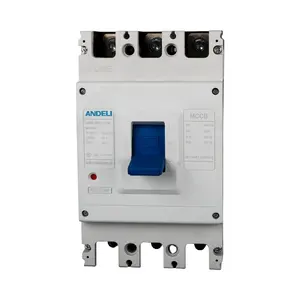
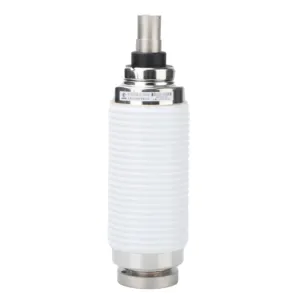

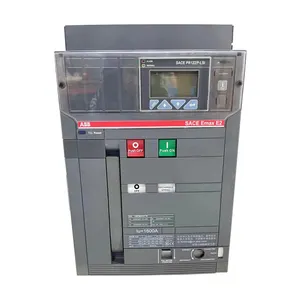








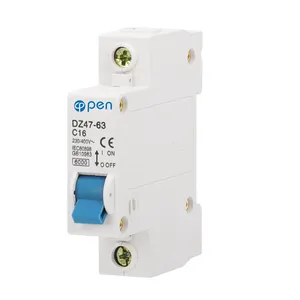

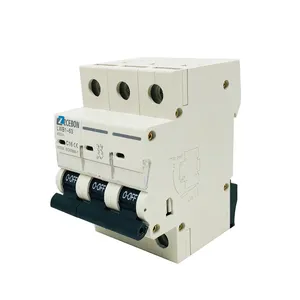

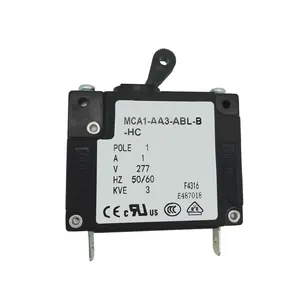


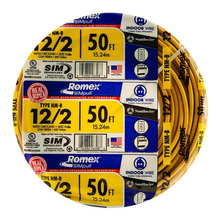



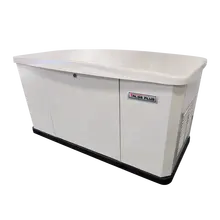





















 浙公网安备 33010002000092号
浙公网安备 33010002000092号 浙B2-20120091-4
浙B2-20120091-4